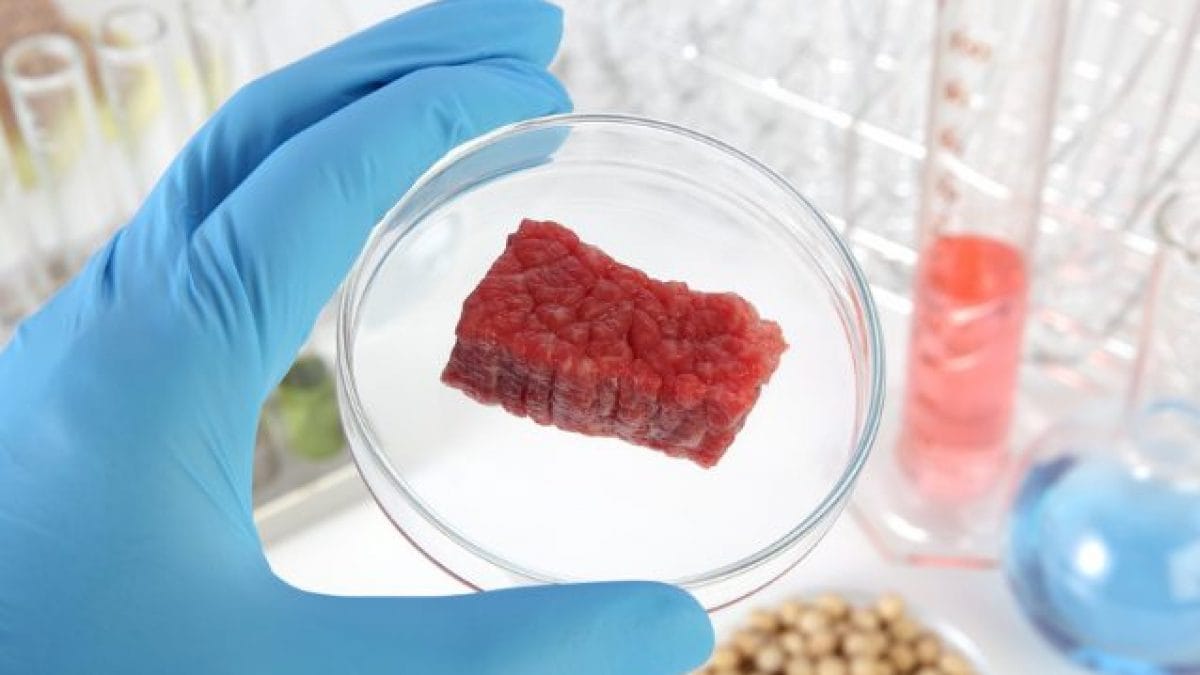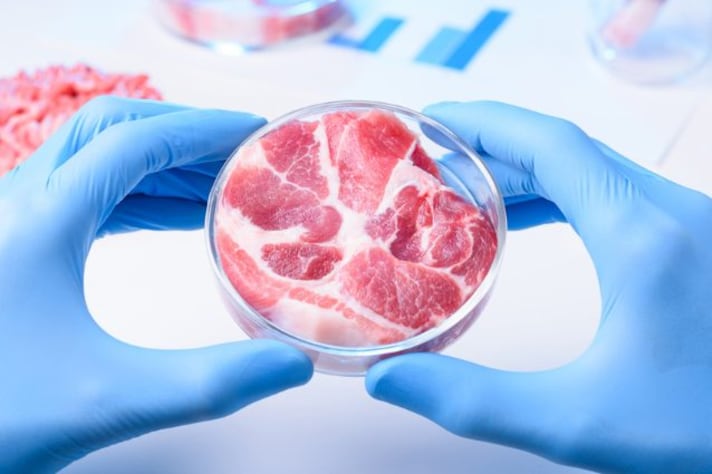
Texas has officially become the seventh U.S. state to ban the sale and production of lab-grown meat, following the passage of Senate Bill 261, signed into law by Governor Greg Abbott. The legislation, which takes effect September 1, 2025, prohibits the sale of cell-cultured protein for human consumption through September 7, 2027.
Why the Ban?
Supporters of the bill—including the Texas & Southwestern Cattle Raisers Association—argue that the measure protects consumers and reinforces the state’s commitment to traditional livestock agriculture. Concerns cited include the lack of long-term health studies, the use of immortalized cells, and the potential for microplastic contamination during the cultivation process.
Senator Charles Perry, who authored the bill, and Representative Stan Gerdes, who sponsored it in the House, framed the legislation as a defense of Texas ranching heritage. “Some have decided a lab is better than a pasture,” said Carl Ray Polk Jr., TSCRA president, during a committee hearing.

Industry Pushback
Not everyone is on board. Critics, including startups like Bio B-Q and Upside Foods, argue that the ban stifles innovation and undermines efforts to create sustainable, cruelty-free alternatives to conventional meat. “Texas prides itself on being open for business, and yet here we have a law that’s shutting down a business,” said Bio B-Q CEO Katie Kam.
Lab-grown meat advocates point to its potential to reduce greenhouse gas emissions, eliminate the need for antibiotics, and avoid the environmental toll of industrial farming. The United Nations estimates that livestock farming accounts for 14.5% of human-caused greenhouse gas emissions.
A National Trend
Texas joins Indiana, Nebraska, Montana, Mississippi, Alabama, and Florida in enacting similar bans or moratoriums. While some states require labeling cultivated meat as “imitation,” others, like Texas, have opted for outright prohibition—at least temporarily.
;Resize,width=767;)
